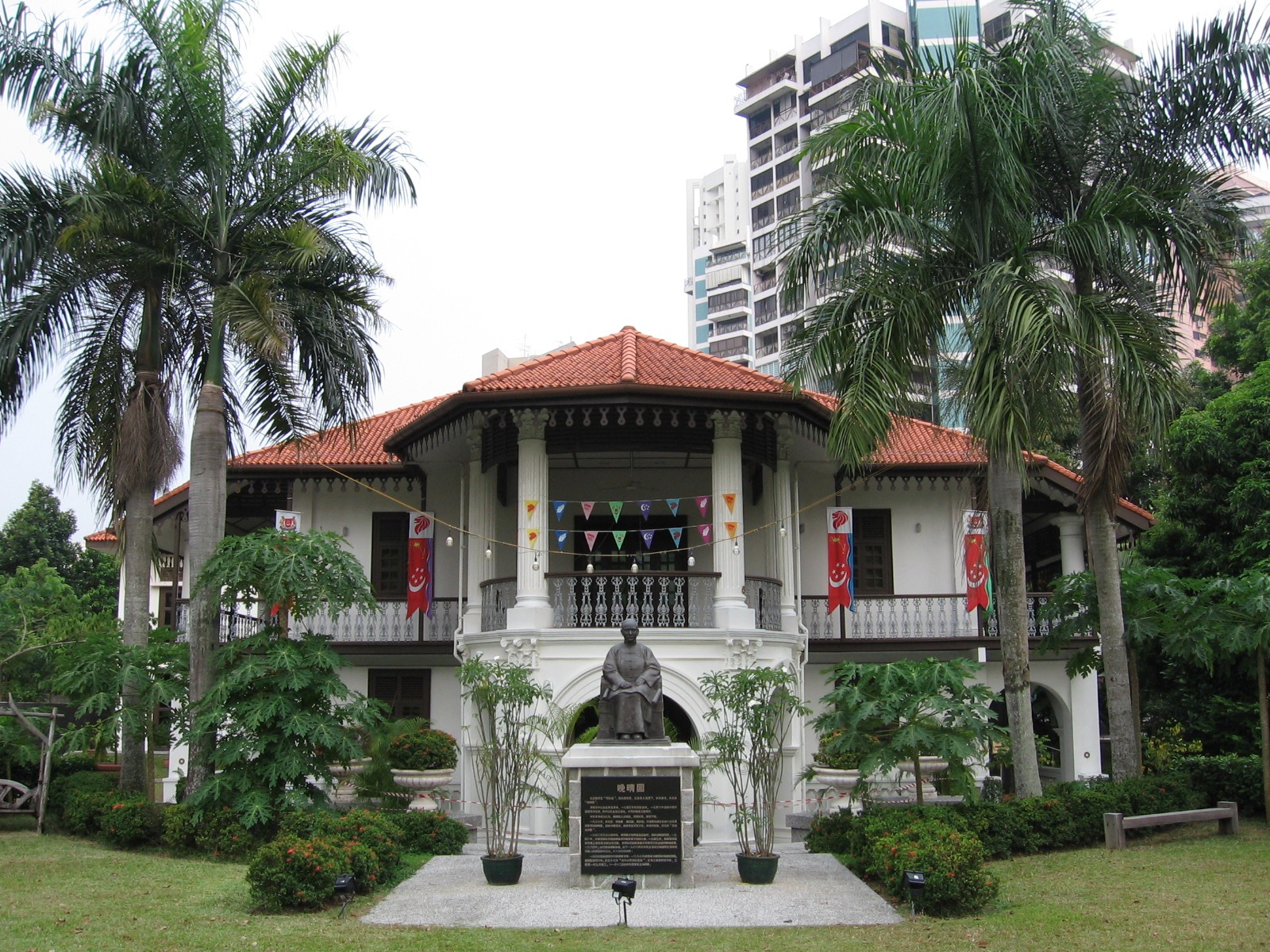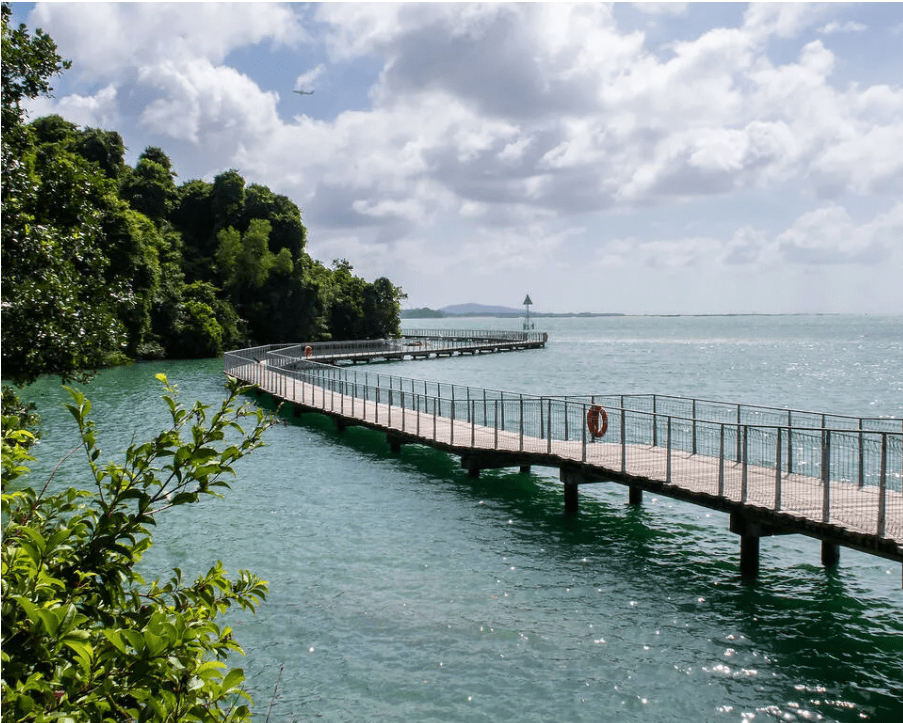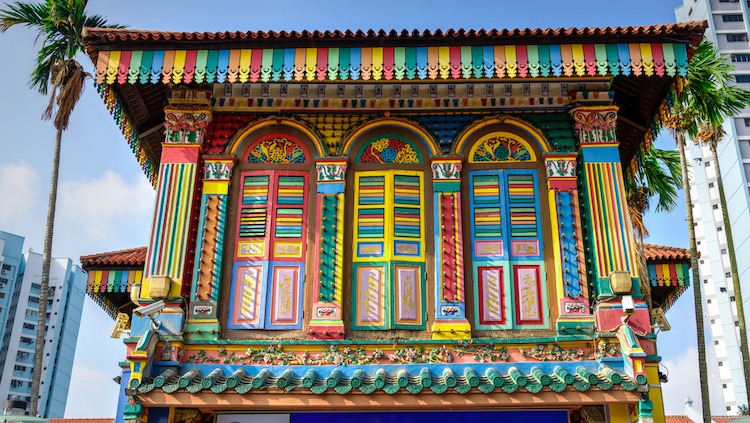Sun Yat Sen Nanyang Memorial Hall: Honoring the Legacy of a Revolutionary Leader
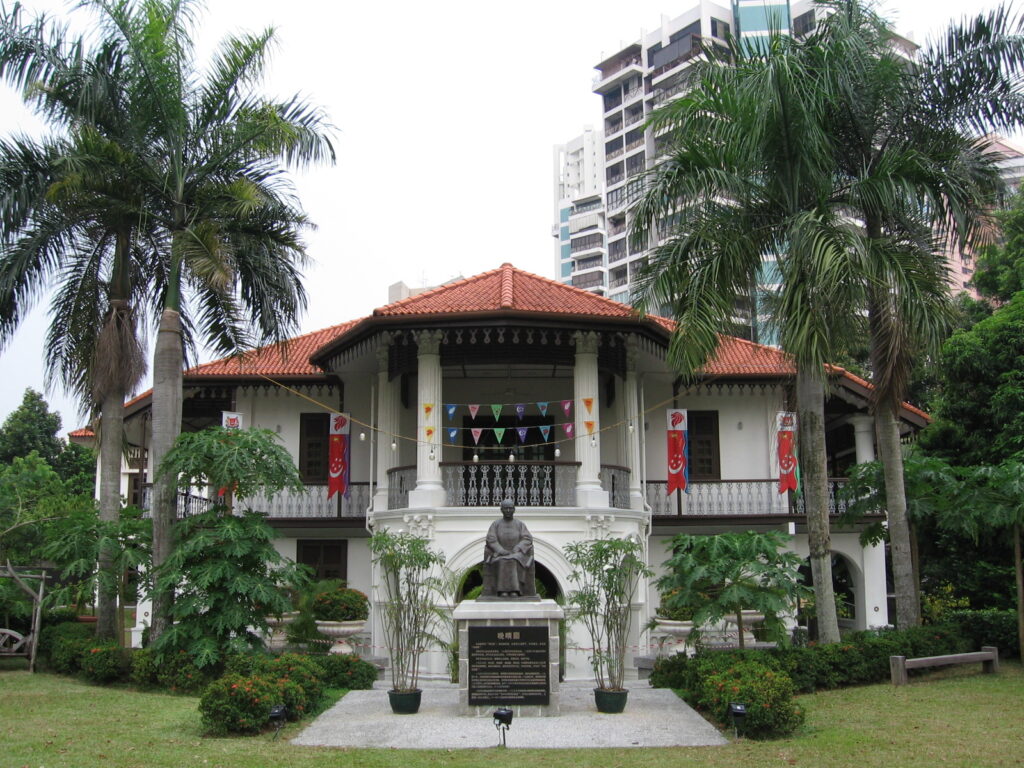
The Sun Yat Sen Nanyang Memorial Hall, nestled in the heart of Singapore’s Balestier district, stands as a testament to the enduring legacy of Dr. Sun Yat-sen, one of the most influential figures in modern Chinese history. This historical site and museum pay homage to Dr. Sun’s tireless efforts in catalyzing the overthrow of the Qing Dynasty and paving the way for the establishment of the Republic of China in 1912. In this article, we delve into the rich history and significance of the Sun Yat Sen Nanyang Memorial Hall, exploring its role in preserving the memory of Dr. Sun Yat-sen and educating visitors about the turbulent times of China’s early 20th-century revolution.
Dr. Sun Yat-sen: The Father of Modern China
To understand the importance of the Sun Yat Sen Nanyang Memorial Hall, we must first grasp the pivotal role that Dr. Sun Yat-sen played in reshaping the course of Chinese history. Born on November 12, 1866, in Guangdong province, China, Sun Yat-sen was a visionary leader and a dedicated revolutionary. His ideas and actions laid the foundation for the transformation of China from an imperial monarchy to a republic.
At the heart of Dr. Sun’s revolutionary ideology was the aspiration to free China from the oppressive rule of the Qing Dynasty. He envisioned a modern, democratic China that would stand on equal footing with other nations. Driven by this vision, he embarked on a lifelong mission to end dynastic rule and establish a government that would prioritize the well-being of the people.
Dr. Sun Yat-sen’s revolutionary activities spanned several decades and took him to various parts of the world, including Southeast Asia. Singapore, with its sizable Chinese immigrant population, became an important hub for his activities. It was in this vibrant city that Dr. Sun found support from like-minded individuals who shared his vision of a republic.
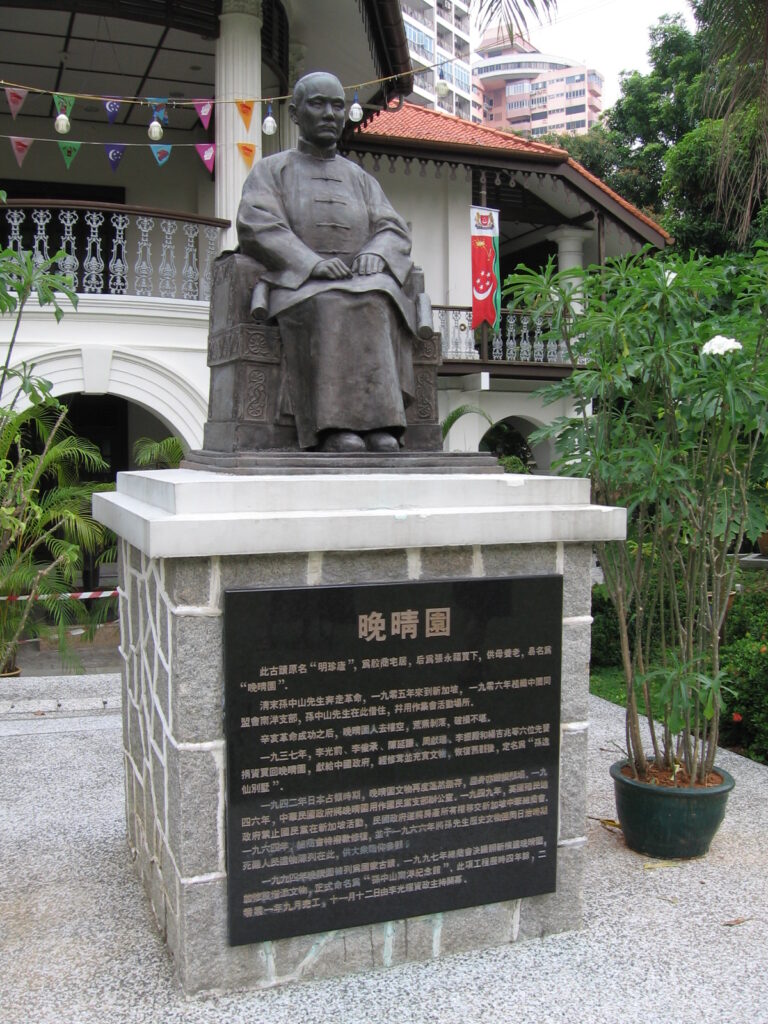
The Historical Significance of the Memorial Hall
The Sun Yat Sen Nanyang Memorial Hall is situated in a colonial-era villa that dates back to 1902. This villa, known as Wan Qing Yuan, served as a crucial base for Dr. Sun Yat-sen and his supporters during his visits to Singapore. Its historical significance lies in its role as a center for revolutionary planning and activities aimed at toppling the Qing Dynasty.
The preservation of this villa and its transformation into a memorial hall is a testament to the enduring legacy of Dr. Sun Yat-sen and the importance of his revolutionary activities in Southeast Asia. The memorial hall serves as a bridge between the past and the present, allowing visitors to connect with the historical events that shaped modern China.
Exhibitions and Educational Programs
One of the primary functions of the Sun Yat Sen Nanyang Memorial Hall is to educate visitors about Dr. Sun Yat-sen’s life, his revolutionary endeavors, and the broader historical context in which he operated. The memorial hall achieves this through a series of engaging exhibitions and educational programs.
The museum’s exhibitions provide a comprehensive overview of Dr. Sun’s life and contributions. Visitors can explore his early years, his involvement in revolutionary activities, and his vision for a modern and democratic China. Through artifacts, photographs, documents, and multimedia presentations, the museum brings to life the tumultuous times of the early 20th century, allowing visitors to immerse themselves in the history and significance of Dr. Sun’s mission.
Educational programs at the memorial hall are designed to promote a deeper understanding of Chinese history, culture, and heritage. These programs cater to a wide range of audiences, from school groups to scholars and curious tourists. Workshops, seminars, and lectures on topics related to Dr. Sun Yat-sen and Chinese history are regularly held to facilitate learning and discussion.
Cultural Events and Heritage Preservation
Beyond its museum exhibits and educational offerings, the Sun Yat Sen Nanyang Memorial Hall plays an active role in preserving and promoting Chinese culture and heritage. The institution regularly hosts cultural events that showcase traditional Chinese arts, music, and performances. These events serve as a reminder of the rich cultural tapestry that has evolved over centuries.
The memorial hall’s gardens, set amidst lush greenery, provide a tranquil setting for visitors to explore and reflect upon the cultural and historical significance of the site. The gardens are a beautiful representation of the fusion between Chinese and Southeast Asian elements, offering a serene atmosphere for visitors to appreciate.
Research and Documentation
In addition to its role as a museum and cultural center, the Sun Yat Sen Nanyang Memorial Hall is actively involved in research and documentation related to Chinese history, particularly the revolutionary period and Dr. Sun Yat-sen’s ties to Southeast Asia. Researchers and scholars are encouraged to utilize the resources available at the memorial hall’s library and archives to further our understanding of this critical period in history.
The memorial hall’s commitment to research and documentation not only serves as a valuable resource for academics but also ensures that the memory of Dr. Sun Yat-sen and his associates is preserved for future generations. It contributes to a broader understanding of the complex interplay of historical forces that shaped the modern Chinese state.
The Sun Yat Sen Nanyang Memorial Hall stands as a beacon of remembrance and education, honoring the enduring legacy of Dr. Sun Yat-sen, the Father of Modern China. Its historical significance as a center for revolutionary activities, its role in educating the public about the life and contributions of Dr. Sun, and its commitment to preserving Chinese culture and heritage make it a vital institution in Singapore’s cultural landscape.
As visitors explore the museum’s exhibitions, participate in educational programs, and engage with cultural events, they gain insights into the transformative period of China’s history and the tireless efforts of Dr. Sun Yat-sen and his supporters. The memorial hall serves as a bridge between the past and the present, connecting people of all backgrounds with the remarkable story of a visionary leader and the enduring ideals of democracy and modernity that continue to shape China today.
